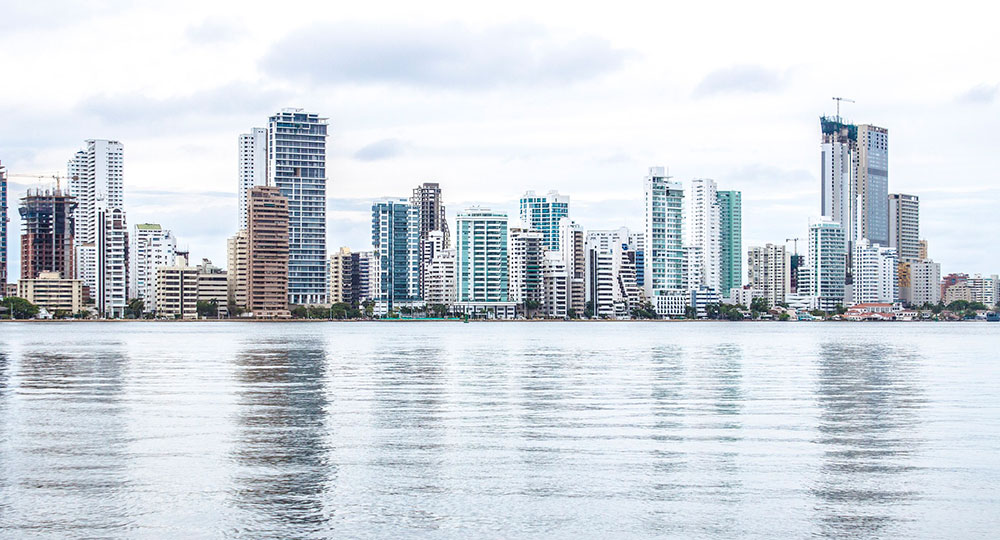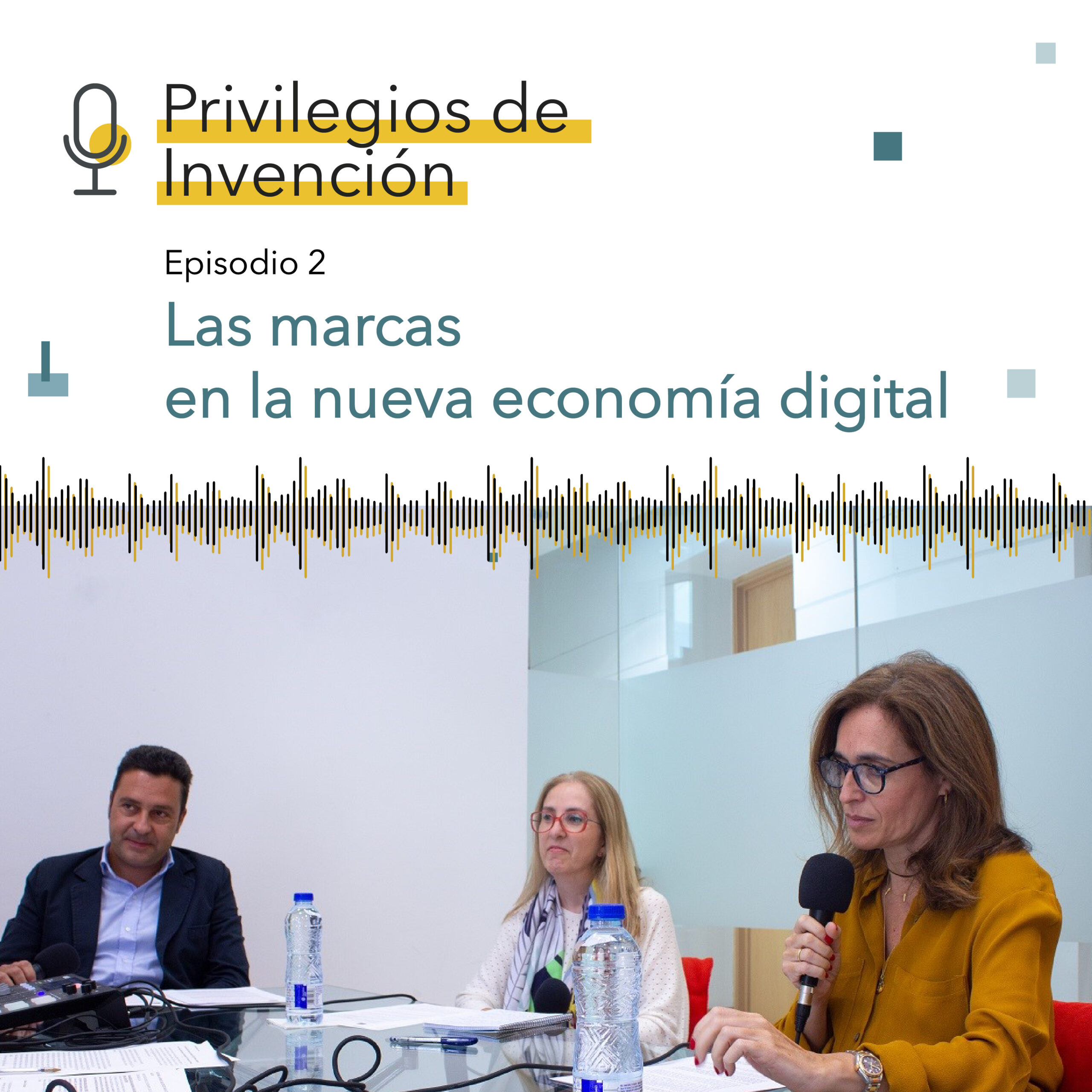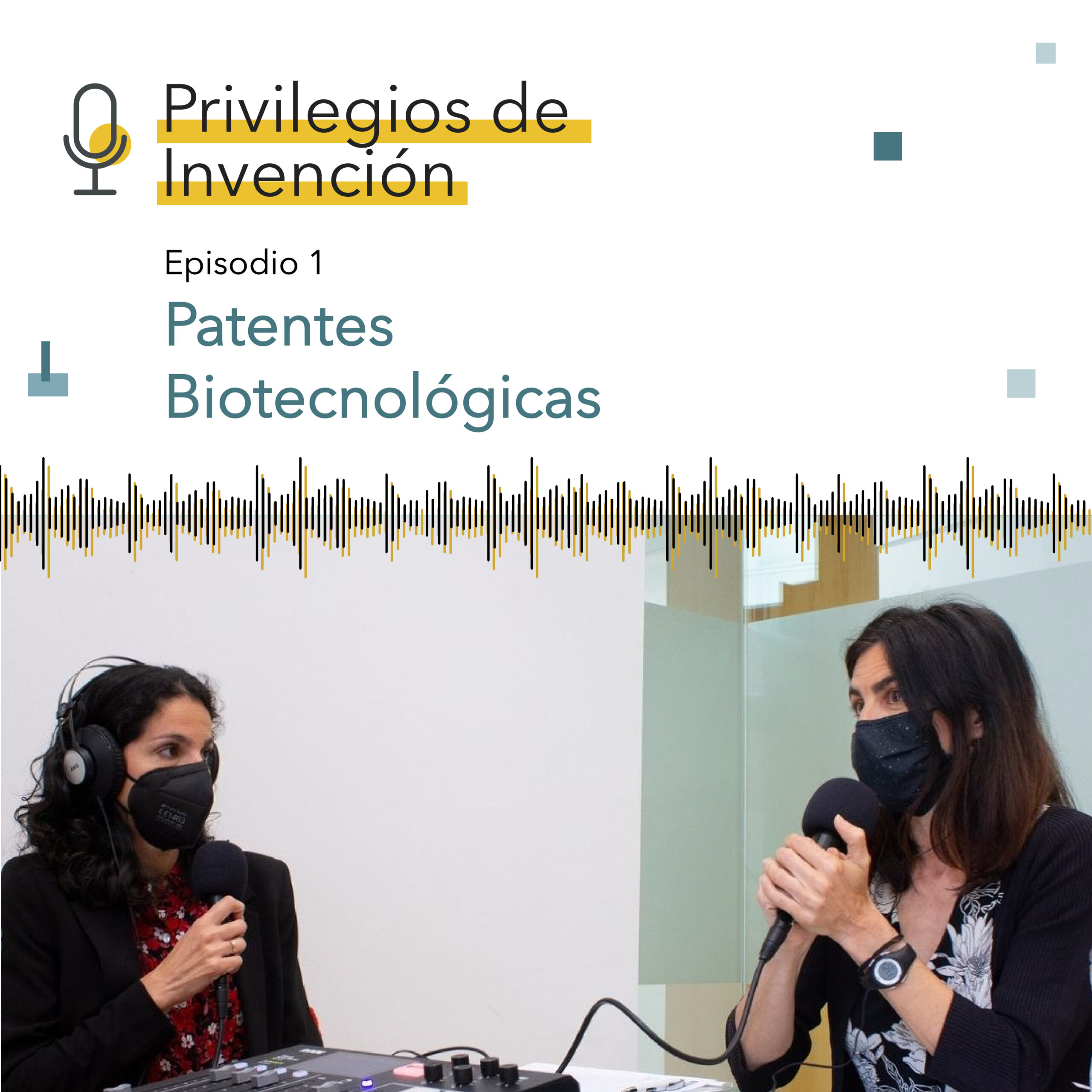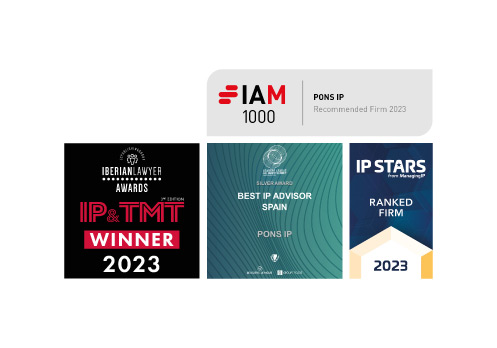Last September we had the opportunity to learn about the report on Intellectual Property (IP) for the period 2000-2016, produced by the World Intellectual Property Organization (WIPO), the National Planning Department of the Government of Colombia (DNP) and the system of IP administration authorities in the country: SIC, DNDA, ICA, as well as the Permanent Mission of Colombia to the United Nations. The report, which was intended to be an input for the establishment of public policies in this area, concluded that there is a growing trend in Colombia in terms of applications for distinctive signs and new creations during much of the period analyzed. As regards trademarks, national applicants are the majority with an approximate 60% share (followed mainly by the United States, but also Germany, Spain, and France), while in terms of new creations, 80% of patent applications were filed by foreigners (United States, Switzerland, Japan, France and Germany) -except for layout-designs and utility models, where national applicants account for the largest percentage, which is normal in Latin America. What does stand out in our region is the sustained growth of Colombia from 2014 onwards in terms of applications and registrations over Argentina. We should also consider reflecting on the disconcerting fourth place our country ranks at—being rich in diversity—as regards plant breeding certificates, a category in which Brazil and Argentina show a considerable advantage over Spain. All the indicators in the report are the starting point for further research and measurement of the real impact that intellectual property protection has on economic growth and to determine whether, in fact, the data released so far can effectively measure the degree of innovation and competitiveness of our businesses.
Indeed, the figures for patent and trademark applications do not always reflect the degree of innovation in a country. Or at least this should not be an indicator analyzed in isolation. We have been immersed in a program focused on encouraging and supporting the protection of patent applications for innovative Colombians, whose main objective has been to raise the ranking of patent applications in the country, and it has been achieved, although this does not per se solve the low participation of Colombian inventors in the patent system. However, increasing the number of applications positions Colombia, without a doubt, at an international level and before its investors. Internally, this achievement has brought about important lessons on the great capacities of Colombian researchers, the technological gap on research results, and the mystique surrounding public and private universities on providing the country with results that truly impact the region, the country, and the world.
It has also revealed the need for higher education institutions, companies, and research centers that contribute to innovation in the country to improve their capacity to interact and associate, and to consolidate in general agile processes that are familiar to their own members to identify results with potential for productivity and competitiveness. Once those are identified, adequate protection should be provided for them to favor technology transfer, even before the patent application has been filed.
It seems that there is an almost general trend transversal to those organizations that have managed to file patent applications in Colombia: They believe that, with a patent ready, one can almost automatically start marketing and selling the technology. Some forget that the path leading to a successful transfer result starts the very moment research avenues are defined, when technological studies are carried out on the technological and commercial potential of a given project, the studies on current state-of-the-art technologies and the strategic decisions as to whether to patent or to seek alternative and/or complementary forms of protection.
It is very positive that in Colombia that there is awareness among R&D+i leaders as regards these aspects. It is also undeniable that the Superintendency of Industry and Commerce has been strengthening its technological platform and its protection and defense policies over the years. It has achieved so through looser but also safer procedures, aimed at supporting inventors in protecting their developments instead of torpedoing them. Of course, there are times when the implementation of new technologies and the amount of work such activities involved temporarily obstruct or delays protection processes, but it is undeniable that Colombia has made great progress in this regard compared to other Latin American countries in terms of procedures for protecting intellectual property rights, consumer rights and healthy competition.
That is why, today, as IP consultants, we are sure we can contribute and sow in a fertile soil supporting competitiveness. Because the different development actors are coming together to learn, to reinvent processes, to forge alliances that enable individuals to take advantage of public and private resources and thus contribute to the technological and economic development of their country. However, a lot remains to be done and we must be aware that the country’s development depends on public policies, on the allocation of resources for Science in exchange for its reduction and on making firm progress towards competitiveness. The latter, without forgetting that the ultimate goal is sustainability, although we are not there yet.




